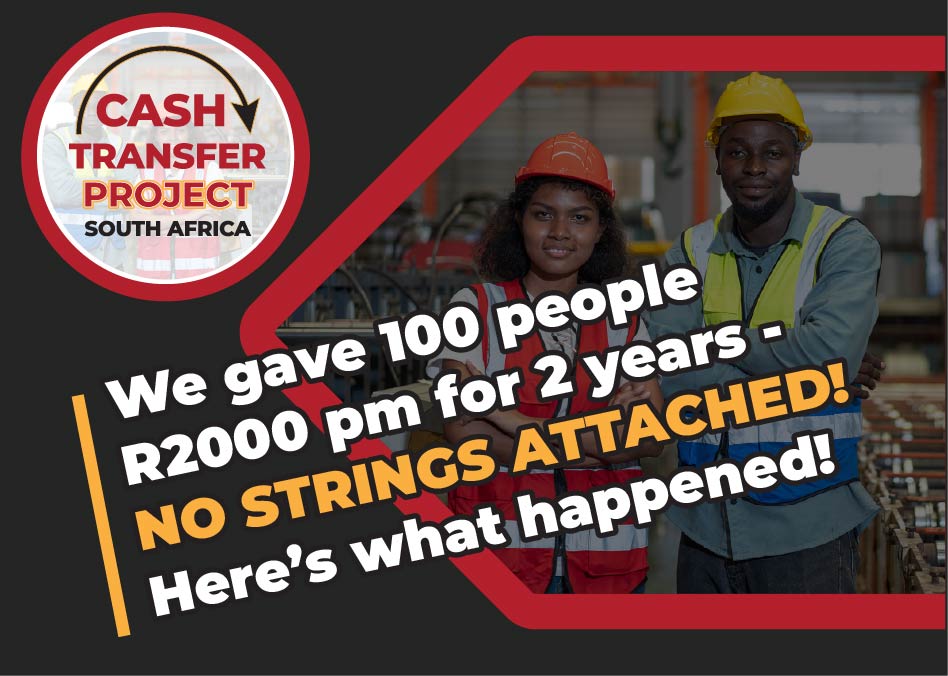Proposed VAT increase
PMBEJD Media statement
For immediate release
Pietermaritzburg, 21 February 2025- A proposal by the Finance Minister to increase the VAT-rate from 15% to 17% will raise the cost of all goods and services in the economy, with the exception of a few very basic, mostly food items which are zero-rated. All South African citizens pay VAT. The minister’s proposal will see the cost of most everyday items increase by 2%, items like food, toiletries, airtime, school shoes, clothes, stationery, books, newspapers, and electricity (on top of the already passed 12,7%).
One of the key concerns is that a higher VAT-rate is falling onto households who are already severely indebted, already underspending on basic needs, already undernourished, and already under severe financial pressure. The unemployment crisis is still upon us. Wages for the majority of South Africans are still far too low. VAT, being regressive, means that those with the least amount of money to spend, now have to spend even less, with goods and services costing more.
The proposal to increase the VAT-rate by 2% (from 15% to 17%) is likely to have severe affordability consequences, particularly for low-income families and small businesses, and likely to deepen poverty, inequality and injustice, with a potential for increased social fall out and even slower economic growth.
Using PMBEJD’s latest January 2025 price data,
- a 17% VAT-rate will increase a basic basket of household groceries by R375,16, with the total basket increasing to R5477,84.
- a 17% VAT-rate will increase a basic basket of household toiletries and domestic products by R154.57, with the total toiletries increasing to R1 063,82.
- a 17% VAT-rate will increase a household’s basic 350kWh consumption of electricity by R153.31 to a total of R1 195,86 (we included Eskom’s 12.7% increase of R115.80 which will come into effect in July).
South African households are highly exposed to VAT. VAT takes a significant amount of money out of our pockets already – money which could be better spent in the home, and to ensure healthier more productive school children, and workers in the work place, and a more secure and stable society, and a more vibrant economy. Money is tight. We need as much of it in our pockets as we can keep, and then choose to use it locally and smartly.
Businesses will be hurt by the VAT increase – everything they buy will come at a higher cost and they may or may not be able to pass on these increases to consumers, whilst still remaining competitive.
The proposed 2% VAT hike will hurt South Africa. It will hurt citizens, the majority of whom are not in a good financial position at all. It will hurt small businesses. It likely will damage economic activity, productivity in the workplace, increase the health burden with more sick women and children needing to use health facilities due to poor nutrition, it will cost more money in education as hungry children from stressed families do not perform well.
We question that a proposal to increase the VAT-rate is well-considered. Is it the best revenue instrument to use right now given that the socio-economic situation of South Africans is so dire; which makes the expenditure costs to protect South Africans from the harm caused by raising VAT much higher; and the risk of a massive social fallout and economic slide more possible. It is a very risky proposition. PMBEJD would be very cautious about following through with the 2% VAT increase. Monies can be found through far less harmful and risky avenues. And perhaps much more effectively, VAT collections being such a convoluted process to make there way to SARS.


